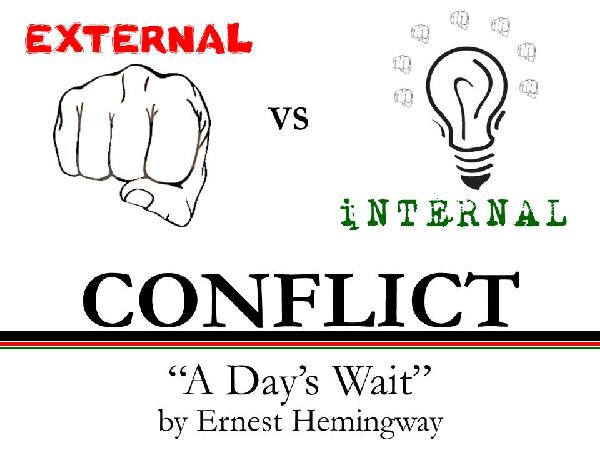
He theorized that this "compulsion to repeat" served a need to rework and achieve mastery over the experience and that it perhaps had an underlying biologic basis as well. If one understands repression as the process in which overwhelming experiences are forgotten, distanced, and dissociated, Freud posited that these experiences are likely to recur in the mind and to be reexperienced.


He is obliged to repeat the repressed material as a contemporary experience instead of remembering it as something in the past. The patient cannot remember the whole of what is repressed in him, and what he cannot remember may be precisely the essential part of it. In his paper, "Beyond the Pleasure Principle," Freud (1920/ 1955) described how repressed (and dissociated) trauma and instinctual conflicts can become superimposed on current reality. Freud's concept of the “repetition compulsion” is enormously helpful in understanding how dissociated events are later reexperienced. The central principle is that dissociated experiences often do not remain dormant.

The reexperiencing of previously dissociated traumatic events presents in a variety of complex ways. “THE RETURN OF THE REPRESSED: RELIVING DISSOCIATED EXPERIENCES


 0 kommentar(er)
0 kommentar(er)
